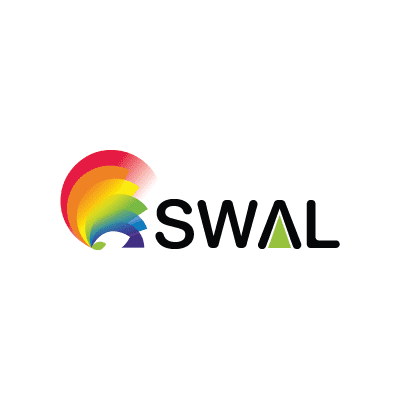Over 80 Startups dedicated to millets emerged in the last 18 months in India: Secretary, APEDA
FICCI PwC Knowledge Report: Propelling India’s millet sector towards a sustainable future, was released in FICCI Millet Conclave ‘Shree Anna’.
Dr Sudhanshu, Secretary, APEDA, highlighted the emergence of more than 80 startups in the millet sector within the past year and a half, responsible for developing well-packaged products, and acknowledged the innovation from large retail organisations. Dr Sudhanshu was addressing the FICCI Millet Conclave ‘Shree Anna’.
Dr Sudhanshu emphasised the need for continuous efforts to provide guidance and support to small entrepreneurs and startups in the millet area, recognising the need for handholding rather than focusing solely on large export houses. In addition, he stressed sustaining the momentum after the launch of the campaign and expressing the commitment to take it to the next level.
Reflecting on the past one and a half years, Shubha Thakur, Joint Secretary (Crops, Oil Seeds), Union Ministry of Agriculture and Farmers’ Welfare noted the significant growth of startups in the millet sector, which has captured the attention of the highest levels of government. She emphasised the importance of making the millet movement a mass movement in India and globally.
The programme also saw the felicitation of winners of the 2nd Edition of Millet Startup Awards and Millet Idea Competition of Higher Education Students on “Creating India’s Millet Revolution: Game-Changing Idea”.
On occasion, FICCI PwC Knowledge Report: Propelling India’s millet sector towards a sustainable future, was released. Speaking on the report, Shashi Kant Singh, Partner at PwC India, outlined the policy implications for the next 10 to 15 years, production aspects, awareness creation, innovation, and market development for millets.
Speaking on occasion, TR Kesavan, Chairman of the FICCI National Agriculture Committee & Group President, TAFE, passionately advocated for integrating millets into the regular diet, emphasising its multifaceted benefits, including nutritional value, climatic resilience, and income generation for farmers. He highlighted the challenges in cultivation, the need for mechanisation, and the importance of making millets profitable.
In his address, Dr Khader Vali, known as the Millet Man of India, passionately advocated for millets to eliminate various diseases. He emphasised that millets go beyond nutrition, offering a unique solution to global health challenges. Dr Vali highlighted the sustainable cultivation of millets, which requires minimal water, and lamented the disappearance of many traditional varieties. His insights served as a call to action, urging a reconnection with millets, recognising their unparalleled health benefits, and promoting sustainable cultivation.
Ravinder Balain, President South Asia at Corteva Agriscience, highlighted the United Nations’ declaration of 2023 as the International Year of Millet on India’s proposal and the Indian government’s subsequent initiatives to raise awareness about millets.
FICCI PwC Knowledge Report: Propelling India’s millet














